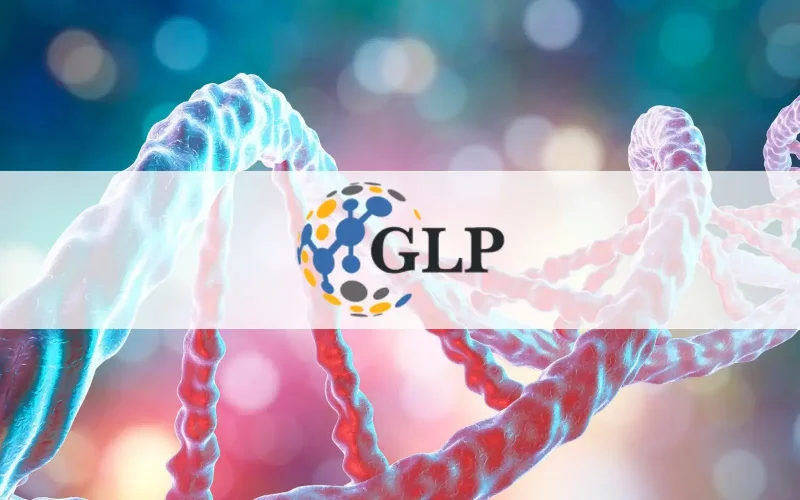A giant collection of carefully cataloged genomes, called the UK Biobank, was about to become available to researchers.
…
To [researcher Andrea] Ganna, the genetic origins of being gay or straight seemed like the kind of blockbuster question that might finally get an answer from a data set of this size.
[Ben] Neale wasn’t so sure. As a gay man himself, he worried that such research could be misconstrued or wielded to advance hateful agendas.…
[Neale] wasn’t prepared for scientists within his home institution to rise up and challenge the value and ethics of his work. And he was even less prepared for a company to exploit the results of the study—just a few weeks after it was published in the journal Science—to sell an app purporting to predict how attracted someone is to the same sex.…
“Research is very hard to control once it’s left your laboratory,” [bioethicist Tim Caulfield] says. He gives Neale and his collaborators credit for trying to be careful. The trouble is, it’s no longer their story to tell. “Pop culture owns this science now and it is going to keep getting spun to sell products or an ideology.”
Read full, original post: How Earnest Research Into Gay Genetics Went Wrong































